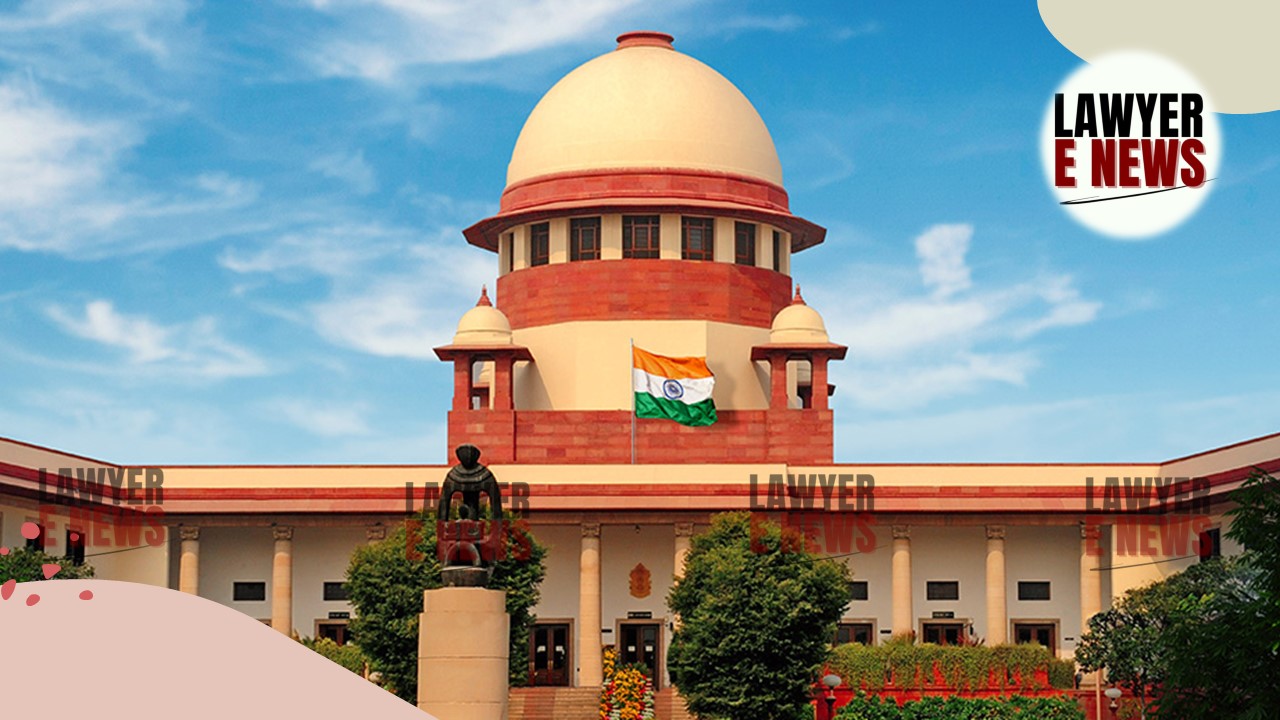-
by Admin
15 February 2026 5:35 AM



The Supreme Court has reversed the Calcutta High Court’s decision to reinstate railway employees dismissed for securing jobs through fraudulent means. The bench, comprising Justices J.K. Maheshwari and Sanjay Karol, upheld the termination of the employees, underscoring the importance of integrity in public employment and the principles of natural justice.
Facts of the Case:
The case involved respondent-employees appointed on compassionate grounds in the Engineering Department of the Howrah Division, Eastern Railway. Their appointments were challenged after it was discovered that they had used forged documents to secure their positions. Following an inquiry, their services were terminated. The employees’ appeals were dismissed by the appellate authority and the Central Administrative Tribunal (CAT), Calcutta Bench. However, the Calcutta High Court later reinstated them, prompting the Union of India to appeal to the Supreme Court.
Court Observations and Views:
Credibility of Evidence:
The Supreme Court found that the respondents did not provide any valid documents to support their claims of eligibility for compassionate appointments. The bench observed that the employees had submitted forged documents and failed to produce any substantial proof during various stages of the adjudication process.
Natural Justice:
Addressing the issue of natural justice, the Court noted that the respondents were given ample opportunity to respond to the show-cause notices issued to them. “The authority had issued show-cause notices to the respondent-employees, to which they responded. It was subsequent thereto, upon finding the responses to be unsatisfactory, they were removed from the service,” the bench stated.
Principle of Fraud:
The Court reiterated the established legal principle that fraud vitiates all proceedings. Justice Sanjay Karol emphasized, “Fraud unravels everything. No court in this land will allow a person to keep an advantage he has obtained by fraud.” The judgment referenced several precedents underscoring that any appointment obtained through fraudulent means is void ab initio and does not merit legal protection.
Legal Reasoning:
The judgment extensively discussed the implications of fraudulent appointments and the necessity for strict verification processes in public employment. The bench cited earlier decisions to underline that compassionate appointments are a concession, not a right, and must be rigorously scrutinized to prevent abuse.
Quotes from the Judgment:
Justice Sanjay Karol remarked, “How could someone be appointed to a government job without proper checking and verification of documents? The Railways are recorded to be one of the largest employers in the country, and yet such incidents falling through the cracks ought to be checked.”
Conclusion:
The Supreme Court’s decision to set aside the High Court’s judgment and uphold the dismissals sends a strong message about the necessity of integrity and adherence to legal principles in public employment. This landmark ruling reinforces the judiciary’s commitment to preventing and addressing fraud within public services.
Date of Decision: August 1, 2024
Union of India & Ors. V. Prohlad Guha & Ors.
